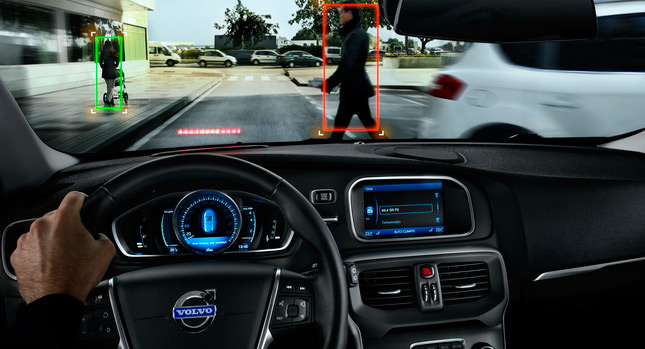Earlier this month, the National Highway Traffic Safety Administration (NHTSA) announced that it wants the U.S. government to make black boxes, or event data recorders (EDRs) as is the official term, mandatory in all new vehicles that will be built after September 2014.
According to the NHTSA, almost all new passenger cars and light-duty vehicles (96 percent, to be precise) currently on sale have the EDR capability built in, and 91 percent already have them installed by their manufacturers.
David Strickland, the head of the Administration, told The Detroit News that these devices are essential for auto safety and allayed concerns raised about the driver’s privacy and how the data may be used.
“The EDR information tells us so much about what’s going on with a vehicle”, said Strickland. “It allows us to figure out what went wrong so we can fix it or we can ask the manufacturers to fix it.”
An EDR works by constantly monitoring things like vehicle speed, brake activation, whether the seat belts are buckled up, forces at a probable impact and airbag deployment.
In case of an incident such as a crash, it stores into its memory all the data in the last few seconds before it occured.
While no one in their right mind would dare oppose something that improves auto safety, there are issues about how the data collected by the EDRs will be used and whether the vehicle owners’ privacy is compromised.
The Alliance of Automobile Manufacturers, while not opposed to black boxes per se (after all, they’re the ones already installing it into their vehicles…) raised questions about this issue.
AAA, the U.S.’ largest auto club that numbers 53 million members followed suit.
“Congress needs to ensure motorist rights are protected by passing legislation that prohibits access to data without permission from the owner or from a court order, unless the data is used for research purposes and cannot be tracked said to a single vehicle”, said AAA president and CEO Robert Darbelnet.
Strickland responded that the NHTSA is “very concerned about motorist privacy as well” and that the devices “don’t track people, where they are”. He commented that most fears are unfounded, since EDRs have been in use for about 20 years now.
He also said that an on-off switch, which would enable the driver to activate or deactivate the black box at will, would be “a horrible thing for safety”.
By Andrew Tsaousis
PHOTO GALLERY




